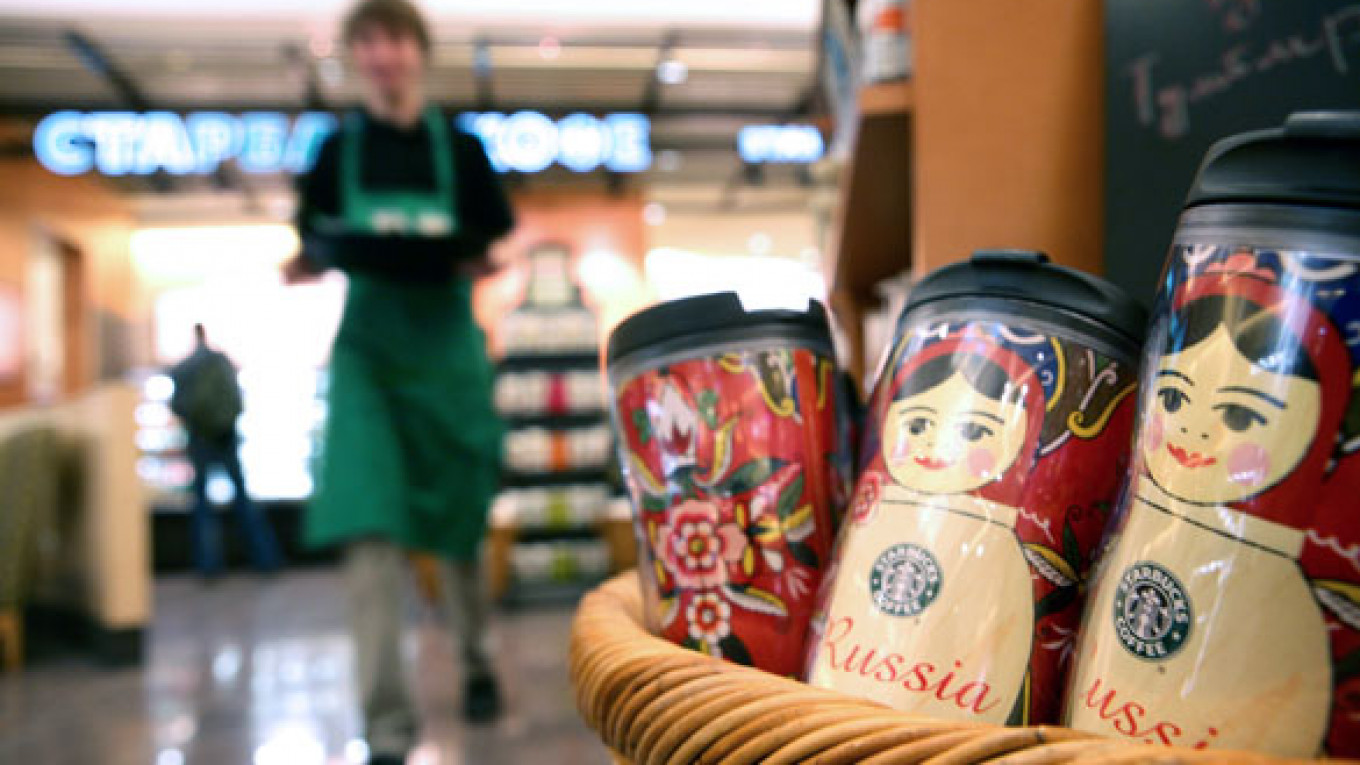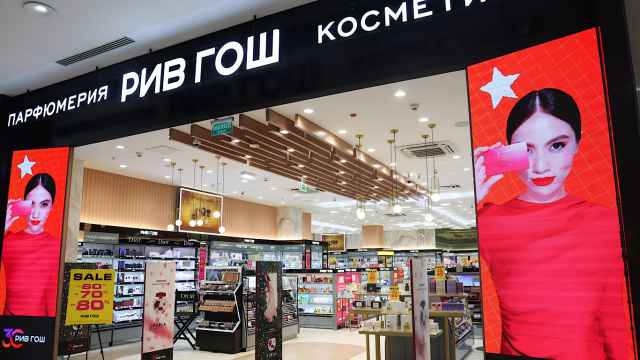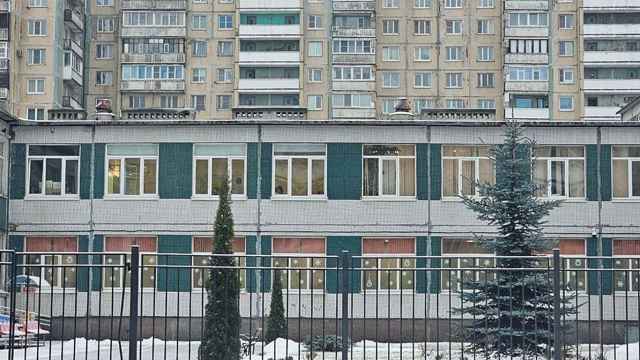ST. PETERSBURG — The opening of the first Starbucks coffee shop in St. Petersburg has been postponed by two years, while its fellow popular U.S. cafe chain Cinnabon is due to open two outlets in the city this fall.
“Now I can say for certain that a Starbucks cafe will not open in St. Petersburg until 2012; we are not disclosing information about the reasons for the delay because of investors’ plans,” said Lia Dovgun, marketing manager of the Monaks Trading company in Moscow, Starbucks’ business partner in Russia.
Monaks Trading is owned by the Kuwait-based retailer Alshaya Group, which operates Starbucks branches in Moscow and the Middle East.
Starbucks was originally due to open in the Leto mall, which is located on Pulkovskoye Shosse. Leto is due to open in the fourth quarter of this year.
Stanislava Bilen, a representative of Jones Lang LaSalle, the mall’s agent, said a five-year lease agreement had been concluded at the end of 2009, but now Starbucks will not be part of the project “for political reasons.”
The opening of the first Russian Starbucks in Moscow was delayed because of a long-running legal dispute with a Moscow lawyer. The reasons for the delay in St. Petersburg seem to be more economic, however.
“I’m not sure that Starbucks is doing well now,” said Andrei Petrakov, general director of the RestCon consulting company. “It’s a good time to take a break and see how they fare,” he said.
According to a report in The New York Times, in 2008, Starbucks closed 600 stores in the United States and laid off 12,000 employees because of the difficult economic situation. The company said it would continue to focus on expanding internationally, however.
“I can’t say that this brand has any advantages compared with the Shokoladnitsa and Coffee House coffee shop chains; I would say that Starbucks is maybe even in a worse condition,” Petrakov said.
In Moscow, there are currently 148 Shokoladnitsa cafes, about 190 Coffee House outlets and just 32 Starbucks. The potential development of the coffee shop market in Russia is enormous, however. According to research conducted by the AMICO consultancy, there are 0.7 stores per 100,000 Muscovites, while that figure is 27 in New York, 62 in Seattle and 135 in Milan.
One company trying to take advantage of that potential is Cinnabon. The bakery and cafe chain has signed rental agreements with the Galeria and Leto malls, Kirill Budarin, general director of Sinakor SPB, which bought the Petersburg franchise from the Russian franchise-holder Megagroup, was cited by Vedomosti as saying this week.
The cafe will occupy 97 square meters in the Leto mall, Vedomosti reported, citing Tatyana Malyanova, head of retail real estate at Sistema-Hals, which is building the complex together with Apsys. The operator has rented about 150 square meters in Galeria, said Byulent Sarakaya, general director of the mall’s developer, Briz. Like Leto, Galeria, which is located on Ligovsky Prospekt next to Moskovsky Station, is also set to open this fall.
Budarin did not disclose the volume of investment. Petrakov estimated the cost of setting up a cafe in this format at about $2,000 per square meter. Rent at Leto could cost about 2,000 rubles ($66) per square meter per month, and 3,000 rubles ($99) per square meter per month at Galeria, Yekaterina Lapina from the Property Development and Research Agency told Vedomosti.
Budarin said the chain’s development in St. Petersburg depended on the success of the first two outlets, and added that he has not ruled out street outlets. He bought the Petersburg franchise because of the low level of competition and high potential of the market compared with that in Moscow, he told Vedomosti. A large cinnamon roll will cost 116 rubles ($3.80) at Cinnabon.
Cinnabon is unlikely to present serious competition for coffee shops; it is the beginning of the development of the bakery-confectioner’s niche, which has great potential but is not yet saturated, Yakov Pak, a representative of Idealnaya Chashka coffee shop chain, told Vedomosti.
A Message from The Moscow Times:
Dear readers,
We are facing unprecedented challenges. Russia's Prosecutor General's Office has designated The Moscow Times as an "undesirable" organization, criminalizing our work and putting our staff at risk of prosecution. This follows our earlier unjust labeling as a "foreign agent."
These actions are direct attempts to silence independent journalism in Russia. The authorities claim our work "discredits the decisions of the Russian leadership." We see things differently: we strive to provide accurate, unbiased reporting on Russia.
We, the journalists of The Moscow Times, refuse to be silenced. But to continue our work, we need your help.
Your support, no matter how small, makes a world of difference. If you can, please support us monthly starting from just $2. It's quick to set up, and every contribution makes a significant impact.
By supporting The Moscow Times, you're defending open, independent journalism in the face of repression. Thank you for standing with us.
Remind me later.






